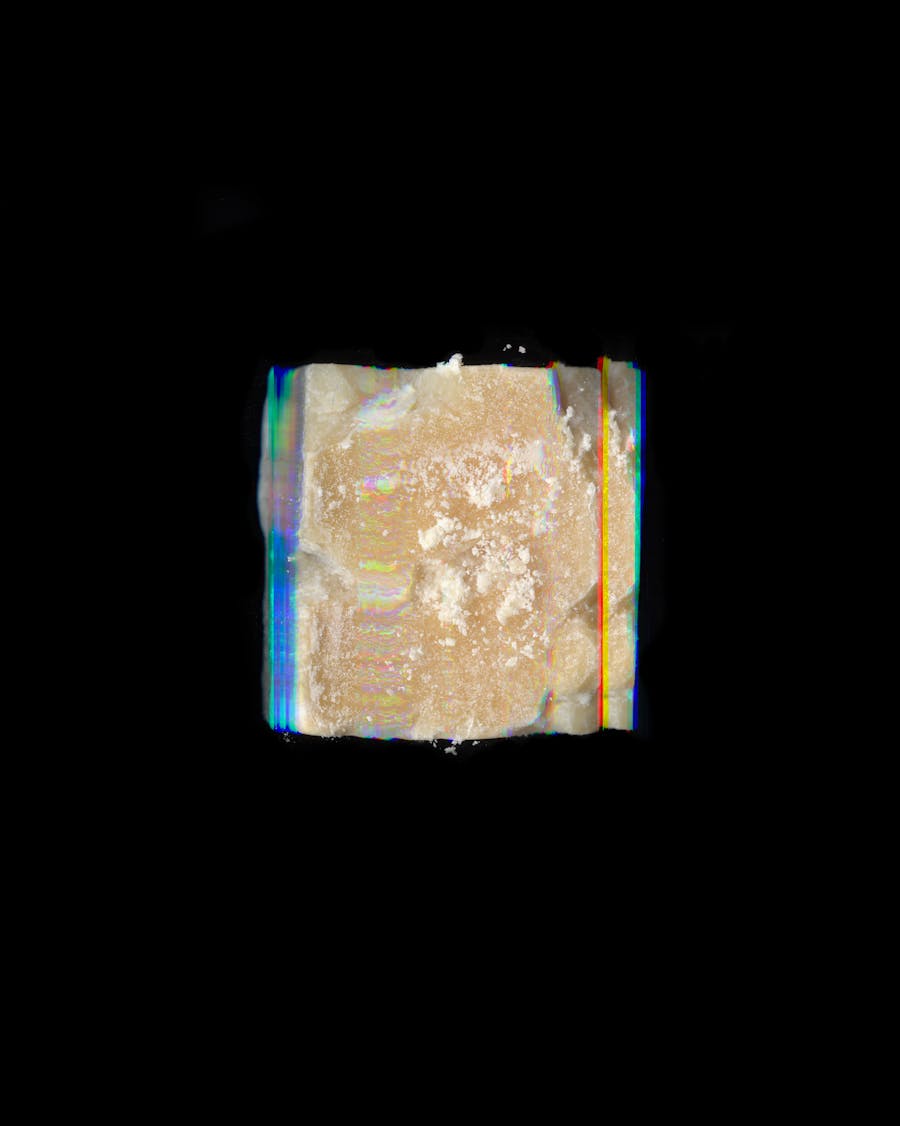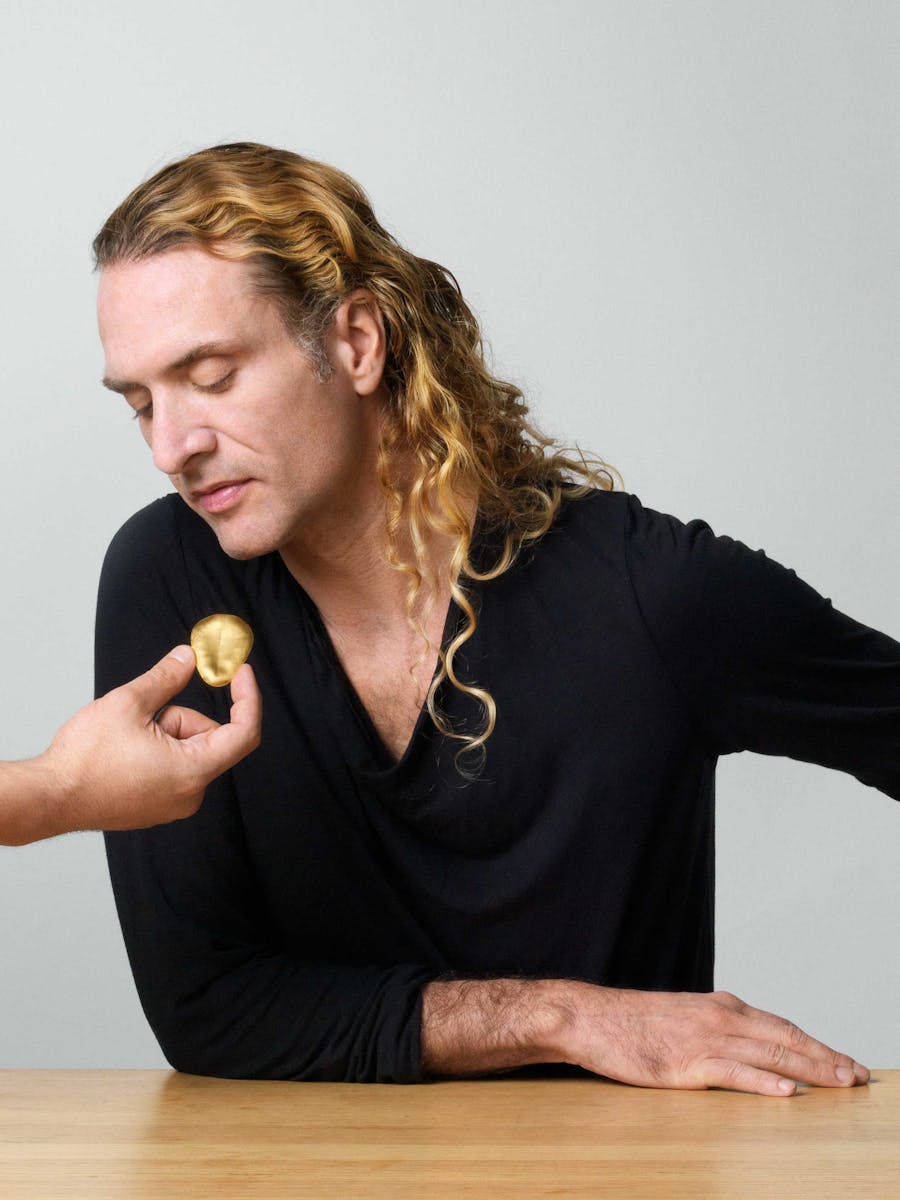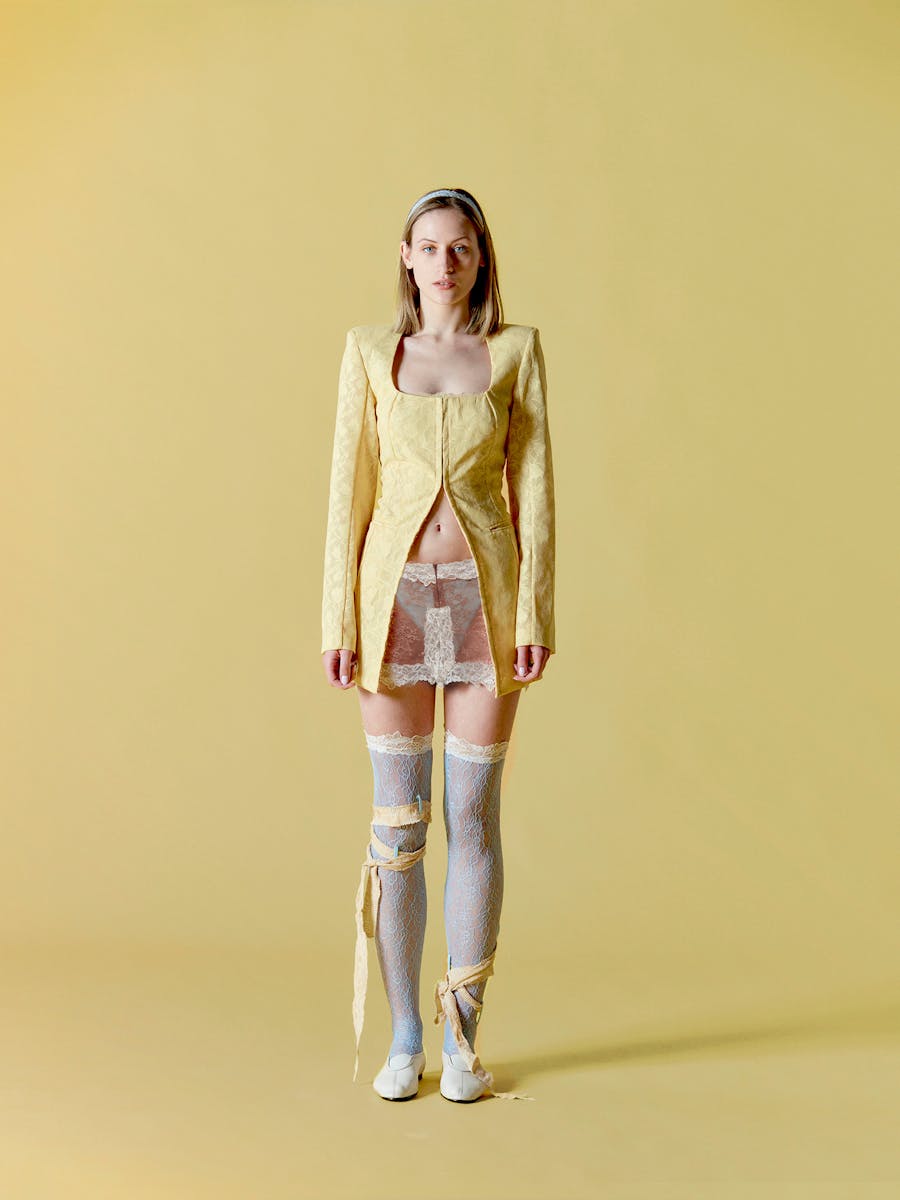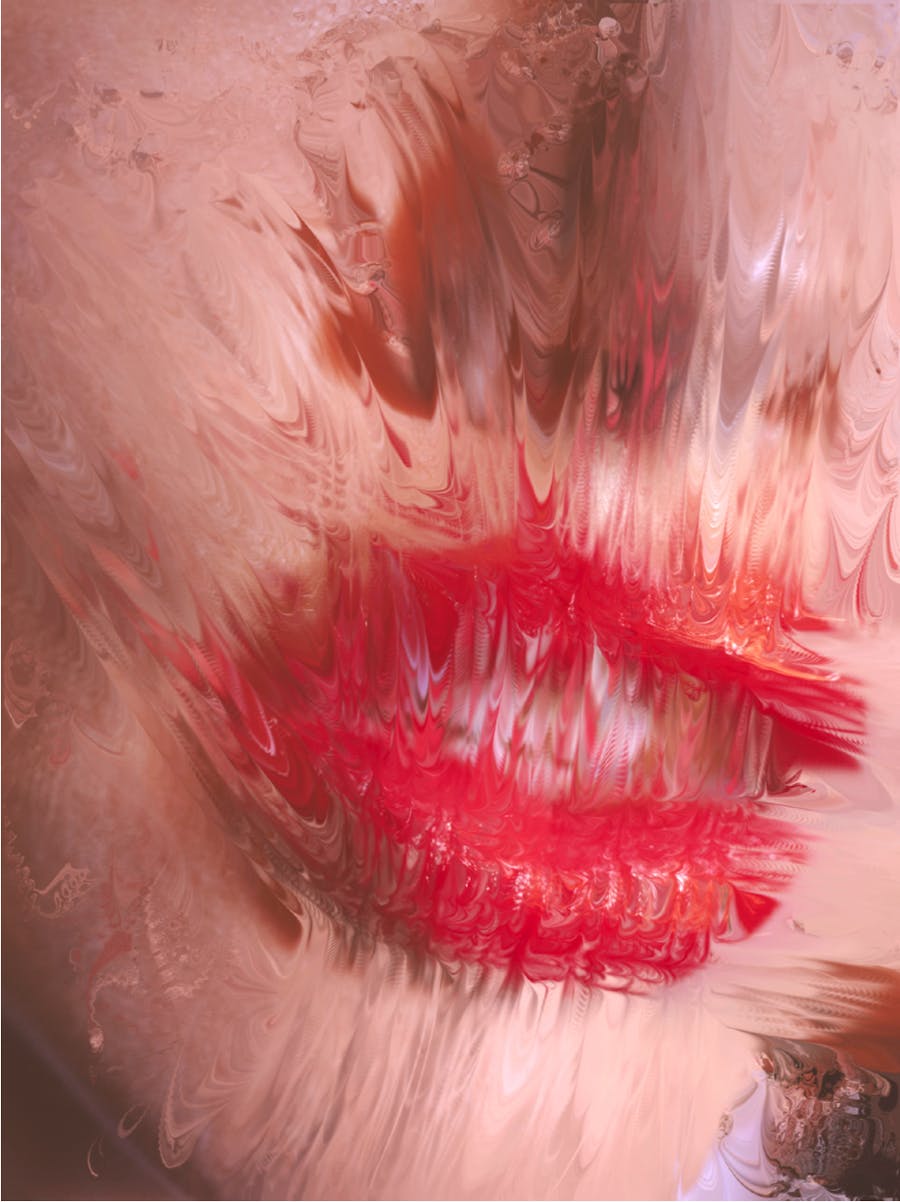From the Wet issue
We spontaneously associate the word wet with water. Even the dictionary puts water before “any other liquid” when it comes to defining wet, probably because water is the most widespread liquid on the earth's surface and perhaps because it is also the most valuable. Mankind has never been more aware of its value than in the historical phase we are currently experiencing.
Perhaps a few decades ago we would not have imagined that we could read in the Time that “water is the new oil of the Gulf” implying that water is the wealth and the future of humanity. But in January 2024, the magazine broke the news as if it were a matter of course to a world that already measures daily how much water will be consumed to “produce” this or that, increasingly aware that upstream of this value chain lies the ultimate value, i.e. the need of water to “generate". Life is generated in the wet, whether it is water, physiological secretions or seminal fluids, and the living must keep wet in order to remain so.
Logically, one could infer that the euphoric connotations of this term derive from its vital symbolism. In the French language, it is common to arroser an occasion to celebrate it, in Italian to toast is said bagnare while English speakers in the same contexts wet one's whistle - not with water, but possibly with inebriating, effervescent, rare and expensive beverages. Often, however, when it comes to culture, logic does not go very far. The context of use and the functioning of symbolic systems, from spoken languages to the intricate arborescence of social codes, give much more ideas for understanding... and of amazement.
The ambivalent position of the wet in the body's imagination is a striking example of this. Despite the fact that our body is saturated with vital fluids, mostly essential to its existence, it cannot be said that the semantics of “body wetness” have positive connotations. On the contrary, it is certainly among the richest in taboos, eminently inconvenient associations and ambiguous elements, starting with the fact that the most phantasmal and desirable wet situations are also those that in the public sphere verge on the unspeakable, such as sex (yet the Urban dictionary defines “wet sex” as the “best type of sex in the world").
This is not an isolated case. Referring to the person, “wet” mostly conveys dysphoric meanings of a moral, psychological, and behavioral nature. In English, “wet” indicates a person lacking forcefulness or strength of character, you say “all wet” about what is completely wrong, and those who are “wet behind the ears” lack experience or are definitely immature. The explanation is quite intuitive, since all these expressions have in common something that clashes head-on with the founding criteria of the patriarchal society that we carry with us. While this is erected on disciplinary, rigorist bases, generating an imagery of strength and controls that has sacralized the rigid, the vertical and the pointed, what is tonic, snappy and performative, the “wet” that soaked or at least covered with liquid, in many cases is also soft.
Soft and wet open up a completely different scenario whose semantic center is slippery, soft, shapeless and static, decidedly far from the patriarchal value system and more akin to
the female universe.
It is no coincidence that the question has interested various thinkers, such as Céline Cadaureille and Emma Viguier, curators of the book La Dynamique du Mou and Géraldine Mosna-Savoye, author of La Force du Mou. Observing contemporary artistic creation, they all analyze the emancipation of the “softness” (mou) from the semantic sphere of the uncanny to a horizon of meaning increasingly rich in ideas for thinking about the present and imagining the future.
In the philosophical eld, the models that allow us to describe the hypermodern world are also “wetting”. The apostle of liquid thought is certainly Zygmunt Baumann, who in 2000, with Liquid Modernity, began a severe and quite pessimist reflection on an increasingly complex society in which the monolithic structures on which the modern era rested are rapidly dissolving.
If for many, liquid life marks the beginning of the end for others, on the contrary, it is the light at the end of the tunnel, that is, the opportunity to deeply rethink the principles that govern common living in order to fluidify it.
Today it is no longer surprising that an increasing number of very young people claim a “fluid” identity, revealing the inability of the traditional categories that de ne the individual to represent them as they perceive themselves.
While it is often talked about in terms of sexual identity, the question goes far beyond the boundaries of sexuality for trans philosopher Paul B. Preciado. In his vision of existence, the radical fluidification of individual and collective forms of life invites us to conjure the risk of the final catastrophe by conceiving the world-ecosystem itself as an organism in permanent transition. Everything fluidly changes.
The proposal may seem extreme, but it is equally effective for understanding the conceptual relevance of the wet as a simple image of what it brings life in a complex world. As the young philosopher Émilie Hache explains, we can no longer imagine that carrying life is a feminine “duty", according to the traditional ideology that delegated to women and nature the task of generating consumable resources. In his De la Génération (“Of Generation”) there is an enthusiastic appeal to all individuals to regain the ability to generate without distinction of gender, remembering that as humans we are all “queer children of Gaïa".
We will keep this vibrant incitement to queering life, as a cue to look beyond the historical clichés “future is female” and “water is life”, and embrace a wet time to come, in which we will all have to be responsible for generating.



